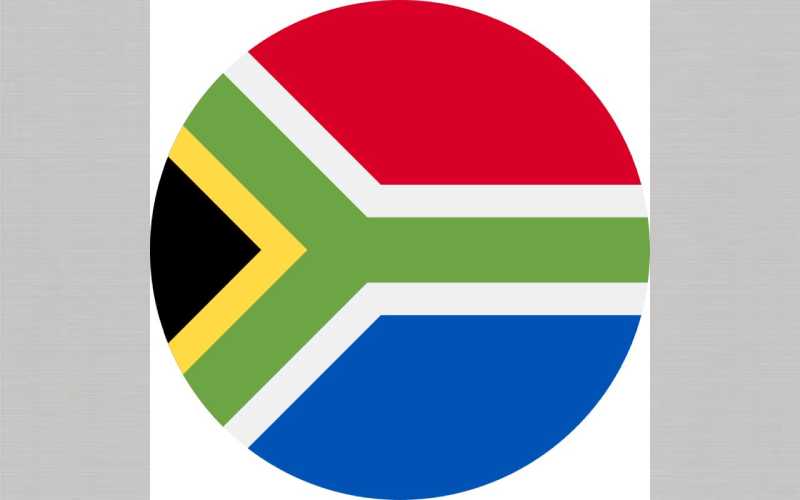×
The Standard e-Paper
Kenya’s Boldest Voice

I am currently in South Africa. South Africa is an impressive country. It is modern, efficient and truly beautiful. Its hospitals are world class, the roads and infrastructure are better than those in most of Europe and the Kenyan elite now send their children to South Africa. It seems like a better version of Kenya. But is it? There are interesting comparisons between Kenya and South Africa.